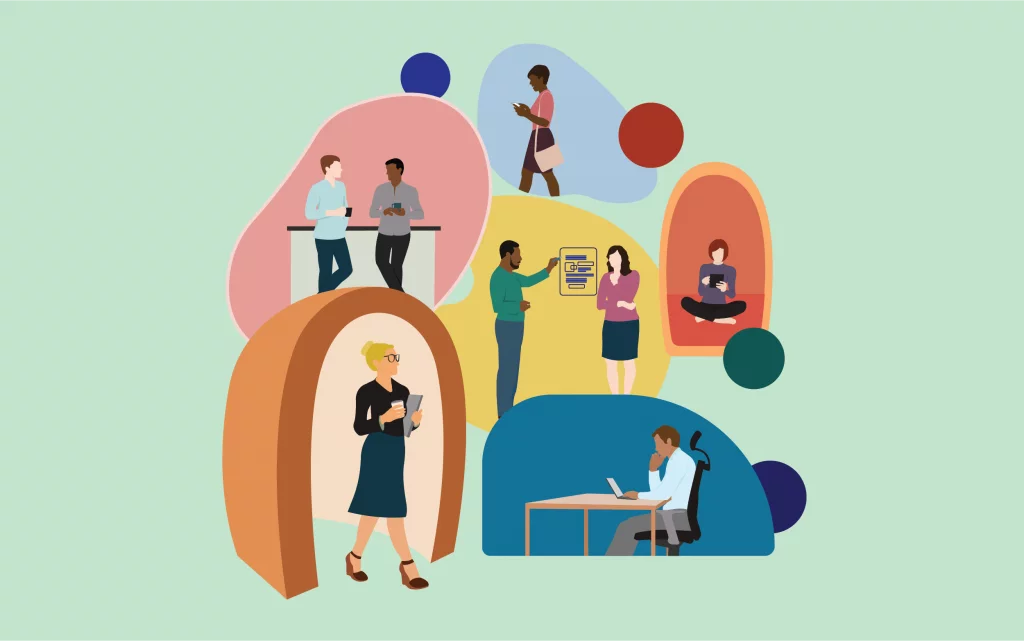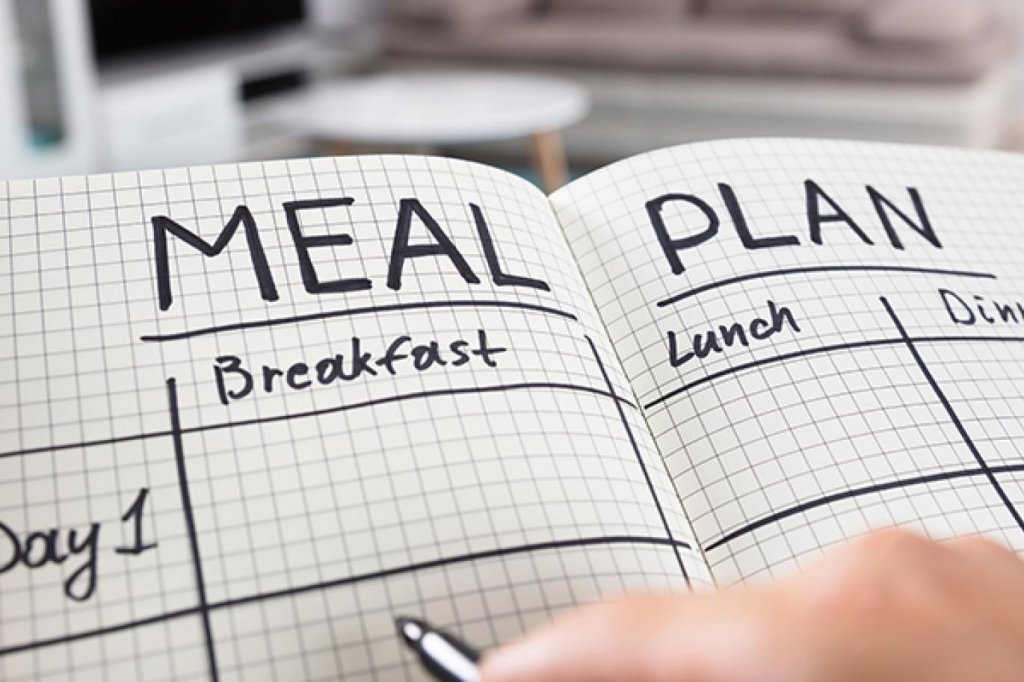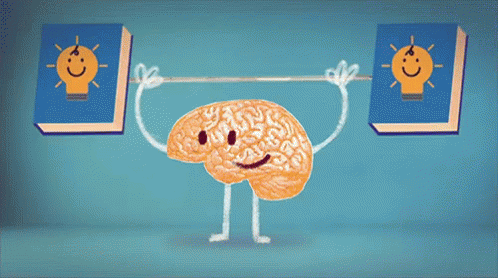
(Source: buzzrx.com)
Did you realise it takes you a long time to learn new things or get lost when doing something? Situations like forgetting why you walked into the room or forgetting where your phone is, make it easier to get distracted. The stamina we have decreases as we get older, and our bones may sag as well as our brains. However, it is not something that cannot be prevented, just as your muscles will atrophy over time if you do not exercise and move your body regularly. Without training and use of the brain, your brain may not function well, except for Alzheimer’s disease or another form of dementia related to the brain. It has been shown in numerous studies that the brain can regrow and learn and retain new facts and skills throughout life.
The causes of memory problems are varied. To improve your memory and receive treatment, it is crucial that you identify the cause of your memory loss. For example, the following condition can lead to memory problems:
Anxiety
Dehydration
Depression
Poor nutrition
Medication side effects
Drinking too much alcohol
Head injury
5 Tips for maintaining and improving your memory
1. Socialize with people around you

(Source:answerlab.com)
A study led by Ruixue Zhaoyong, an assistant research professor at Penn State’s Centre for Healthy Aging, found that adults between the ages of 70 and 90 showed better cognitive performance when they reported more frequent and pleasant social interactions. Furthermore, their cognitive performance improves when older people interact more frequently with their friends or close partners. Therefore, we should spend more time with our family and friends. This will enable us to maintain and improve the mental function of our older parents and ourselves. Having a few conversations with them, like asking about their past experiences, may help them recover their memory.
2. Do physical exercise

(Source: lifesourcehomehealth.com)
Brain health is directly impacted by physical exercise. Research conducted by Cai et al. In a study conducted by al (2021) on physical activity and working memory in older adults, it has been shown that exercising can significantly improve working memory in adults. It recommends the multi-component or mind-body exercise of moderate intensity for 45-60 min 3 times a week for more than six months.
For example,
Multicomponent Physical activity | Mind-body exercise |
|
|
3. Eat a healthy diet

(Source: emoha.com)
Smyth et al. (2015) researched healthy eating and the risk of cognitive decline. It found that higher diet quality was associated with a reduced risk of cognitive decline.
Here will provide you with some recommendations of what you should eat to boost your memory:
Fish-based omega-3
Three fatty acids include salmon, tuna, trout, mackerel, and sardines. Researchers say that DHA and EPA seem to reduce the development of beta-amyloid plaques in the brain while also reducing inflammation.
Ginger root
It helps to increase acetylcholine activity in the brain. That is vital for maintaining memory and learning skills.
Lower sugar diet
Research from Pase et al. (2017) indicates that animal models noted that a diet high in sugar drinks has a link to Alzheimer’s disease and lower total brain volume
Walnuts
A new study from the David Geffen School of Medicine at UCLA suggests that eating walnuts may improve your cognitive function, memory, concentration and the speed at which your process information
Blueberries
It is packed with antioxidants that may delay brain ageing and improve memory
Green tea
Its caffeine content boosts alertness, its antioxidants protect the brain, and L-theanine helps us relax
Pumpkin skin
Rich in micronutrients that are important for brain function, including copper, iron, magnesium and zinc
4. Mental exercise

(Source: tenor.com)
It is critical for seniors facing age-related memory loss to constantly exercise their minds to boost their memory, focus, and daily functioning. Research done by Park et al. (2014) has shown that you can learn new skills to improve your memory. Examples include photo editing, painting, novel writing, cooking, gardening, etc. Learning new skills can improve your brain function and enhance your retirement life.
Furthermore, daily meditation can help you improve your memory and your brain’s ability to process new information. It reduces anxiety and stress by calming your brain. The recommended amount of time for meditation is 20 minutes a day, but seniors can start with 5 minutes in a quiet place to ease themselves into meditation.
5. Sleep well

(Source: tenor.com)
Are you aware that if you don’t get enough sleep on that day, you will feel dizzy and tired, have low concentration, and have memory problems?
Sleep and memory share a complex relationship. After getting enough rest, you can process information, wake up, learn some things, and sleep again afterwards to consolidate the news in your memory. However, a lack of sleep will lead to difficulty remembering things. The process of preserving key memories and discarding excessive information occurs during your sleep cycle’s rapid eye movement (NREM) and quick eye movement (REM) stages. NREM stages involve the brain sorting through memories from the previous day, eliminating unnecessary information while retaining important ones. These selected memories will become more concrete as deep NREM sleep begins, and this process will continue during REM sleep. Emotional memories are also processed in the REM stage, which can help you cope with difficult experiences. Thus not enough sleep will cause the brain not to have sufficient time to create a new pathway for the information you recently learned.
It is recommended that adults aged between 26 and 64 sleep 7 to 9 hours per day; older adults aged 65 and above sleep 7 to 8 hours per day.
Memory enhancement requires a lot of time and effort. It can’t be achieved with just a few activities or eating a few things that improve memory ability.
Here is some memory aid for you:
Keep “to do” list | Keep “to-do” lists and put them where you will see them often. Write down all the essential things that need to be done on that day. Mark off items as you accomplish them. |
Establish a routine | You may also repeat your routine and follow it. It will help you to strengthen your memory. For example, taking your medicines simultaneously every day makes you more likely to remember them. |
Don’t rush | Rushing will not help you record your memory but will cause you anxiety. So, give yourself time to memorise a new name or recall an old one. |
Everything in its place | Keep everything in its place: If you always put your reading glasses in the same place, you will always know where they are. Put items you don’t want to forget where you will see them when you need to. For example, hang your keys by the exit door you use most often. |
Keep a calendar | Keep a paper or electronic calendar of important dates. Check it a couple of times daily, so you will not miss out on an important day. |
We all experience memory loss as we age, but memory loss is not a serious issue and does not affect our day-to-day lives. However, some symptoms of memory loss can cause trouble in your daily life, such as forgetting where you live, difficulty learning basic things like using a smartphone or microwave, or ignoring the names of people you care about. This situation warrants an assessment from a psychologist and a consultation with your primary health care provider.
References
https://order.nia.nih.gov/sites/default/files/2022-06/understanding-memory-loss-nia.pdf
https://www.apa.org/pi/aging/memory-and-aging.pdf
https://www.medicalnewstoday.com/articles/326068
https://www.sciencedaily.com/releases/2021/09/210909124349.htm
https://www.cdc.gov/physicalactivity/basics/adding-pa/activities-olderadults.htm
https://n.neurology.org/content/84/22/2258
https://pubmed.ncbi.nlm.nih.gov/28274718/
https://www.healthline.com/nutrition/11-brain-foods
https://www.ncbi.nlm.nih.gov/pmc/articles/PMC4154531/#R13
https://www.sleepfoundation.org/how-sleep-works/memory-and-sleep
A Pillar of Strength in Golden Years: 10 Paths on How Regular Screenings Uphold Your Health
In the evocative voyage of life, the golden years emerge as a time to relish the fruits of decades of labor, to bask in the
Unlock the Secret to Sweet Dreams: 10 Ways of Enhancing Sleep Quality as You Age
Share on facebook Facebook Share on twitter Twitter Share on linkedin LinkedIn Share on pinterest Pinterest Share on telegram Telegram Share on whatsapp WhatsApp Share
Building Bridges, Not Walls: 10 Methods of Mastering the Art of Cultivating Social Connections in the Golden Years
Share on facebook Facebook Share on twitter Twitter Share on linkedin LinkedIn Share on telegram Telegram Share on whatsapp WhatsApp Share on email Email Share
Navigating the Golden Years: 10 Ways to Achieve Emotional Wellness and Conquering Loneliness
Share on facebook Facebook Share on twitter Twitter Share on linkedin LinkedIn Share on pinterest Pinterest Share on telegram Telegram Share on whatsapp WhatsApp Share
Stay Brainy in Your Golden Years: 10 Fun Activities to Keep Your Mind Sharp and Engaged!
Hello, brain buffs! Aging might be inevitable, but letting our minds turn to mush? No way, José! Time to boot up those brain cells and
10 Effective Exercise Routines for Older Adults: Low-Impact Fitness Options
Of course, maintaining physical health is crucial at any age, but especially so as we grow older. Here are ten gentle, effective, and friendly exercise